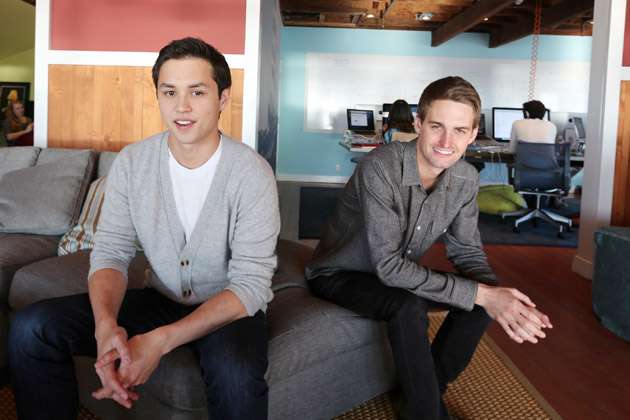Apps are transforming the world. If 10 years ago was the dotcom boom; today is the app boom. Being up to date with apps is especially important from a university perspective for two reasons. First, we need to find a job upon graduation. Apps can improve the processes of an industry, making it important to work somewhere that’s adapting effectively in the new technological environment. Second, it’s our generation that’s doing the innovating. We’ve grown up with technology that’s changing constantly and we see the world differently than our parents. Our generation has come to expect and embrace technological change, and has taken it upon itself to make that change.
It’s no surprise that the teams behind the most revolutionary apps today are young, innovative thinkers. Dating is a perfect example that resonates at McGill and universities across the world. Filling out a detailed online profile to sign up for a dating site is a thing of the past. Sean Rad, the CEO of Tinder, redefined online dating after introducing a “hot or not” swipe that eliminates the need to agonize over writing a profile. As Rad explained in an interview with TechCrunch, the ultimate goal for Tinder is “to overcome every single problem you have when it comes to making a new relationship.” Sean Rad is 27. His idea was to simplify meeting people.
The examples are everywhere. Evan Spiegel is 23 and co-founded Snapchat with Robert Murphy, 24. Spiegel’s idea was to simplify image exchanges. Instagram is headed by co-founders Kevin Systrom and Mike Krieger who are only 30 and 27, respectively. Their idea was to simplify sharing photos. Tumblr’s CEO, David Karp, is 27, and, Mark Zuckerberg was 20 when he launched thefacebook (now Facebook). Both have simplified our digital lives. Additionally, It’s university students who are making the most useful tech innovations. We’re surrounded with opportunities, not the mundaneness of the same view at the same desk every day.
In 2011, Conor Clarke came up with the idea to create a social network for music and founded Wavo. His idea simplifies the demo submissions process for major record labels, as well as the process of finding new music for music lovers. Over the past two years, Wavo has carved out a niche in the music app market. In fact, McGill and Effusion acappella alumni, Jordan Benjamin (who’s recording under the name Benj) began recording music in Los Angeles this semester after his music was discovered on Wavo by a music management agency.
Another innovative tech app coming out of McGill that’s about to be released for iOS is Modde, branded as “the fashion app.” It’s based in Montreal and is co-founded by McGill’s own AJ Ostrow and Artur Minacov, with a team of young entrepreneurs. Modde connects fashion lovers and simplifies the designing process of clothes for fashion brands.
As students, let’s continue simplifying our lives with new apps. Let’s keep changing the world, one app at a time.
Full Disclosure: Michael Gord contributes to the music charts of Wavo, one of the apps discussed in this article.







